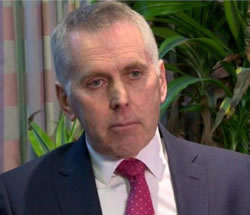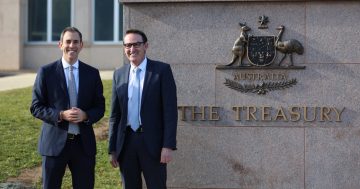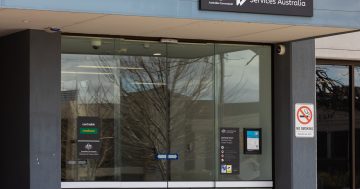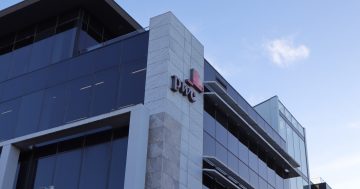 The former head of the Northern Ireland Public Service has described allegations that his former colleagues are biased towards nationalism as “appalling”.
The former head of the Northern Ireland Public Service has described allegations that his former colleagues are biased towards nationalism as “appalling”.
Sir David Sterling, who headed the Service for three years before stepping down in 2020, said such a label, which indicated officers were in favour of union with the Irish Republic, was disturbing.
He was reacting to recent comments made by some political commentators who questioned whether “nationalist” Public Servants might be pushing their own political agendas.
“I find these statements very disturbing and very dangerous,” Sir David (pictured) said.
“It’s a slur on the integrity of the Civil Service as a whole and I find it, to be blunt, quite offensive.”
He said he had headed the Public Service through some very tense and difficult times “and in all those occasions I was working with colleagues drawn from all sections of our society”.
“They put their own personal beliefs and opinions at the door whenever they came into work and one of the things that has held this society together over the past 40 odd years is the fact that the Civil Service has always been true to its core values of honesty, integrity, impartiality and objectivity,” Sir David said.
“Anybody who suggests otherwise is just plain wrong.”
He called on those making such comments to desist, adding there was no evidence to support suggestions that the Public Service acted in any way other than with integrity on all occasions.
“The Civil Service may not always get it right, but my experience is that Ministers are generally very content with the support and advice they get from their Civil Servants,” Sir David said.
“I think it would be helpful if political leaders could distance themselves from this type of thing,” he said.
Leaders of the moderate Alliance Party, Naomi Long branded the nationalist labelling as “shameful, sinister behaviour”.
“Those smearing senior Civil Servants, falsely accusing them of acting in a partisan political fashion, are not just impugning their integrity, they are placing them at risk,” Ms Long said.
Belfast, 6 February 2022










